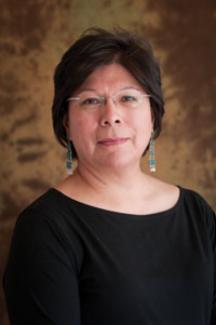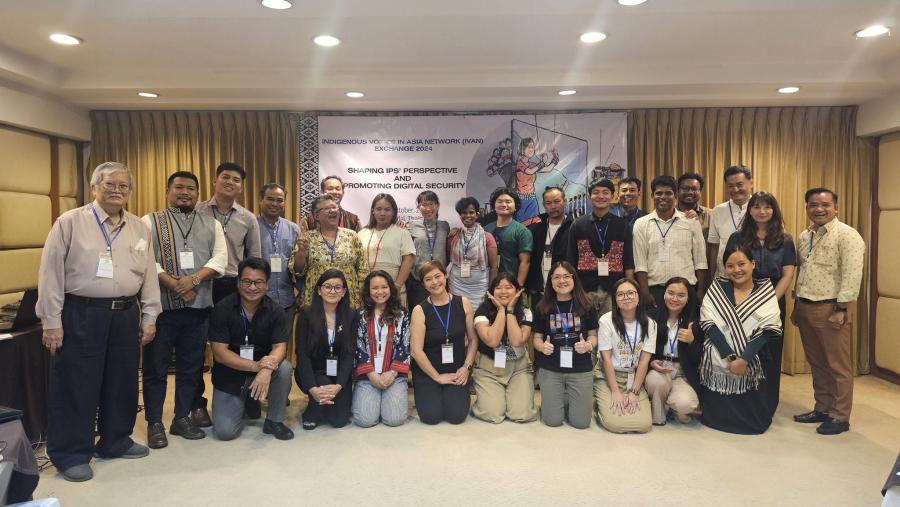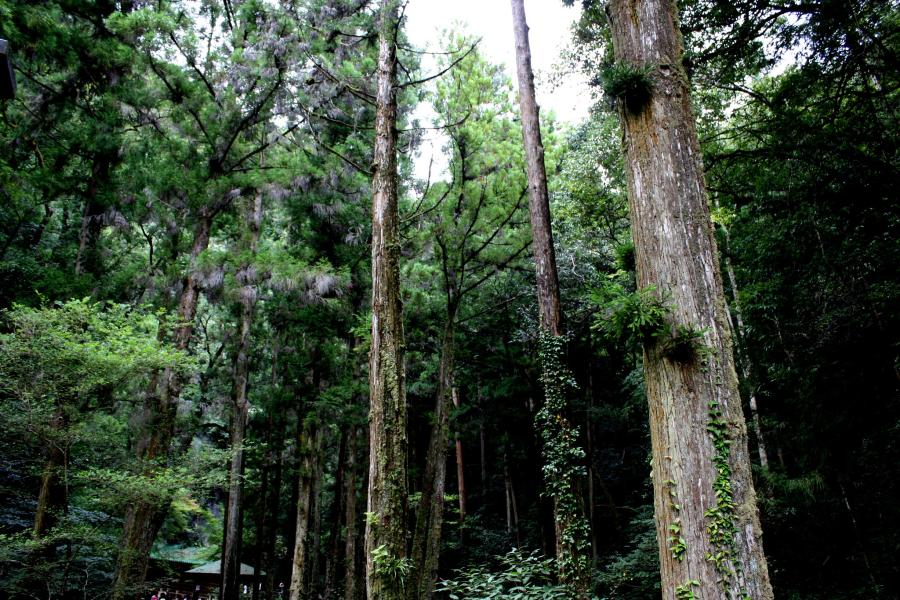
As late summer approaches, we can all reflect on the last months of extremely hot days, dry conditions, and unusual changing weather patterns. Increasingly as we experience climate change and link the causes to our behaviors as human beings, we must accept responsibility and take action for the sake of future generations. We face an ecological crisis compounded by global economic instability that confuses our priorities and values. We need to think about the impact of climate change globally, collectively, socially, economically, politically, and especially ethically and culturally.
In June, the UN World Conference on Sustainable Development was held in Rio de Janeiro, Brazil. The intention was for world citizens to identify key principles and find consensus on “The Future We Want” based upon sustainable development practices in a green economy. Many Indigenous Peoples from all over the world participated and spoke for the well-being of mother earth and future generations. An assertion was made that “all societies must foster cultures of sustainability, and that Rio+20 should highlight the cultural, moral, and ethical dimensions, as the most fundamental dimension of sustainable development.” However, the “green economy” discourse does not represent the sustainable future Indigenous people understand as “life giving and life sustaining;” rather, it further sustains institutionalized colonialism and the commodification of natural resources, and perpetuates a concept of “green capitalism” that remains non-inclusive of many Indigenous Peoples.
Indigenous Peoples continue to walk a path of resistance and struggle. Our right to exercise Free, Prior and Informed Consent (FPIC) is fundamental to our self-determination and future survival. While FPIC is increasingly asserted, the right to say no to unwanted development, to corporations and governments, is far from honored or guaranteed. In this issue of the Cultural Survival Quarterly, John Goodwin, an Iñupiaq elder, speaks about the impact of climate change on a
subsistence way of life. The story of the struggle in Barillas to stop the development of a hydroelectric dam is testimony to the ongoing struggle for Indigenous rights. Shuar poet Maria Clara Sharupi uses the power of poetic language to reclaim Indigenous identity and dispel cultural stereotypes. The languages articles describe the efforts of language revitalization as a right fundamentally crucial to the resiliency and cultural survival of future children.
As I reflect over the summer, I am reminded that on August 12, we celebrate our feast day at Santa Clara Pueblo with songs, prayers, ceremonial dancing, and feasting to give thanks for the crops and to honor our relationship with the land. This continuity of relationship is based on our Native ways of thinking, our Indigenous values, and our agricultural practices and systems of production that sustain life for all. This relationship with the natural world is “sustainable development.”
I invite you all to celebrate life and ask you to support the beauty and promise of the sustainable lifeways and knowledge that Indigenous Peoples practice.
Suzanne Benally
Executive Director



